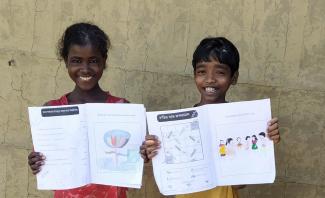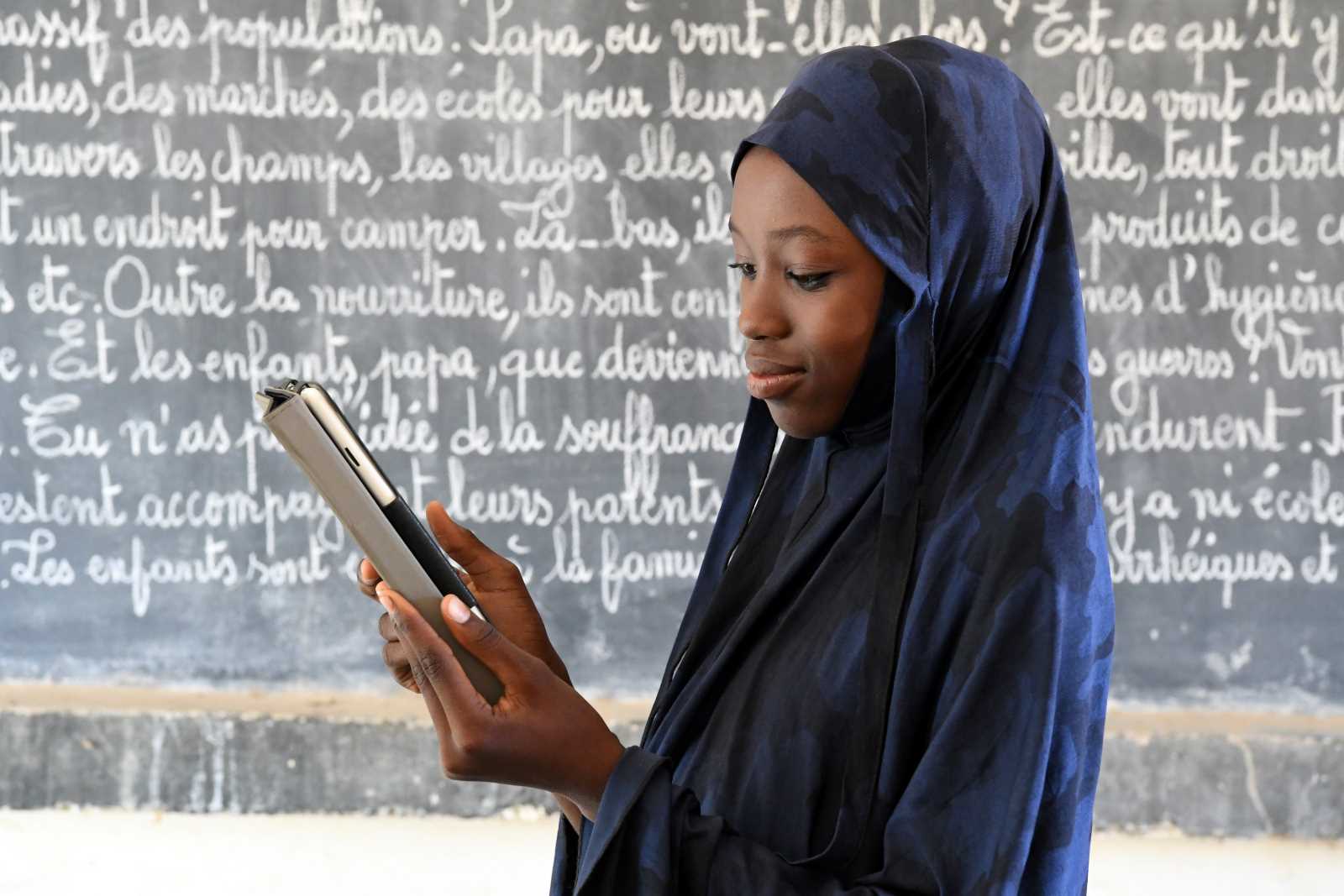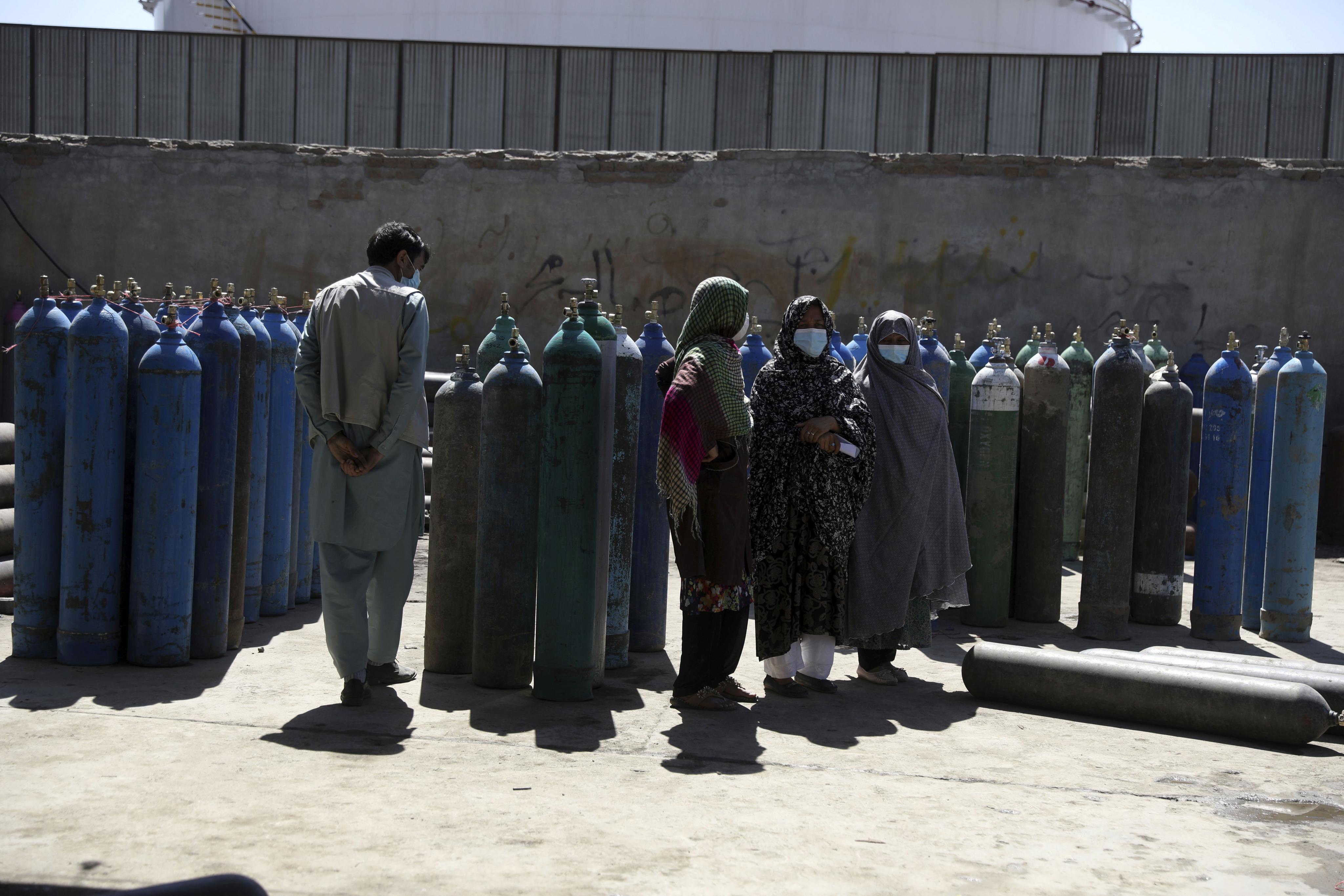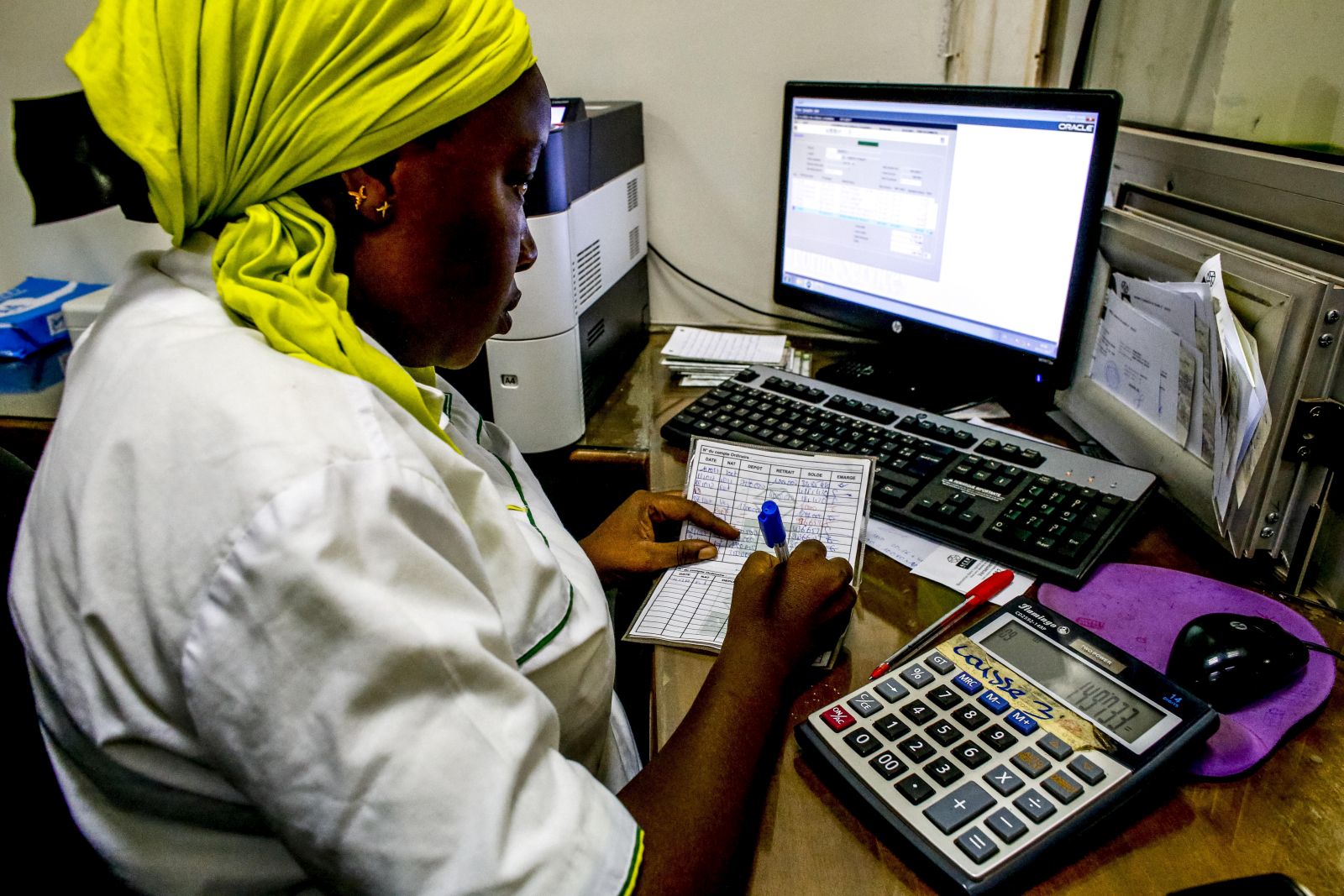Children’s rights
India: Education for children in spite of coronavirus

Covid-19 has hit children hard everywhere. Among other things, lockdowns and school closures have caused painful disruptions. Many minors worried about their parents or grandparents, or even experienced someone close to them might die. Around the world, children’s rights were massively curtailed:
- Right to protection: Domestic and sexual abuse, exploitation, child labour and child marriage increased dramatically during the Covid-19 pandemic. At the same time, minors in crisis often could not turn to outsiders for help, for example because many child-protection services were not operating. Schools, where attentive teachers could have offered support, were closed.
- Physical and mental health: For these reasons, anxiety disorders, psychological stress, depression and suicide increased significantly among children and adolescents. At the same time, children’s physical resilience declined because parents became too poor to feed them adequately. According to the UN’s child welfare organisation, in 2020, an additional 132 million people went hungry worldwide, 44 million of them children (UNICEF 2020a).
- Child poverty: According to UNICEF’s projections, an additional 140 million children live below the poverty line in the global south now due to the negative economic impact of Covid-19. Another 150 million are suffering from multidimensional poverty. Sub-Saharan Africa and South Asia are affected in particular. Masses of children lack access to education, health care, shelter, food, sanitary facilities or clean water.
- Education: The most severe impact of the crisis has been on children’s education, however. Due to school closure, almost all children of the global south got no instruction for over a year. Many did not return when schools opened again. The others are still struggling with a learning deficit of many months. UNICEF reports that 463 million children could either not participate in online classes or did not receive any support at home. The reasons were their domestic situations and gaps in rural infrastructure. Children in low-income countries missed about twice as much school as children did in high-income countries. Girls suffered in particular. On average, they have less access to digital technology than boys and they have to help out more at home (UNICEF 2020b). Both is true in India (see Ipsita Sapra in the Magazine section of D+C/E+Z e-Paper 2021/10).
Facilitating education for children and young people in these difficult circumstances is the mission of the child welfare organisation Childaid Network. This civil-society organisation advocates for children and adolescents in remote regions of India’s northeast, Nepal, Bangladesh and Myanmar. The focus is on children’s rights, basic education, vocational training and support for small enterprises. Since the pandemic set in, Childaid Network has devoted additional attention to health care, moreover.
During the pandemic, the agency took several approaches to achieving its goals. For example, it is relying on information technology, local volunteers, small learning groups and broadcasting educationally relevant programmes on the radio. It succeeded in continuously supplying educational content to 80 % of the young target group even in the midst of the crisis.
Childaid Network’s next goal is to close the learning gaps of 100,000 children from marginalised communities in India’s northeast. To that end, it is employing thousands of volunteer educators. Furthermore, the local partner, Aide et Action India, is supplying state teachers, along with the corresponding didactic curricula and materials. The pilot phase, which is being conducted in ten villages, looks very promising, and in November 2021 the project will be scaled up to 1,000 villages in the Indian state of Assam. Aide et Action India, Accenture and Germany’s Federal Ministry for Economic Cooperation and Development (BMZ) are making this possible.
In order to change all that for the better, Childaid Network, together with the Institute of Development Action (IDeA), has initiated another project in Assam: EnRiCh (Enabling Rights of the Child, see box). The goal is to strengthen children’s rights specifically during the difficult pandemic and to strive towards a future in which all children can live in dignity and tap their full potential.
Links
UNICEF, 2020a: Covid-19 and children.
https://data.unicef.org/covid-19-and-children/
UNICEF, 2020b: Policy Brief: The impact of Covid-19 on children.
https://www.un.org/sites/un2.un.org/files/policy_brief_on_covid_impact_on_children_16_april_2020.pdf
Enakshi Dutta is practitioner on child rights and capacity development of civil-society organisations. She is Director of the Assam-based Institute of Development Action.
enakshi@theant.org
Cynthia Dittmar is project coordinator at Childaid Network in Germany. She visits the project regions regularly.
cynthia.dittmar@childaid.net
Franziska Müller is a student of peace and conflict research. She is working for Childaid Network as a student assistant.
franziska.mueller@childaid.net













